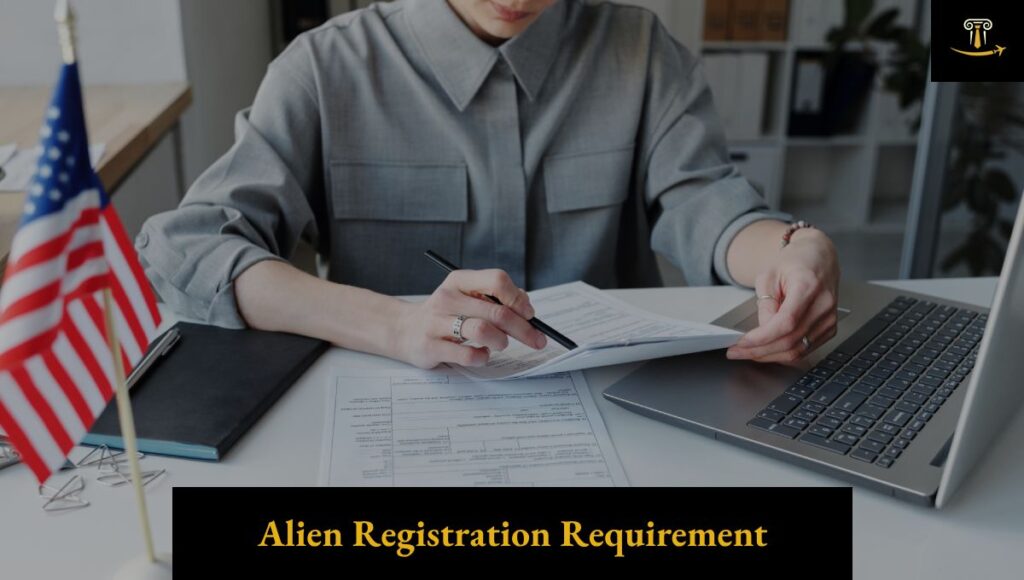The H‑1B visa is a critical work authorization pathway for many skilled foreign workers in the United States. However, an H‑1B petition denial can cause significant disruption, leaving beneficiaries and employers to navigate complex options to maintain lawful status and employment eligibility. Understanding post-denial remedies—including change of status applications, motions to reopen or reconsider, and other legal actions—is essential for timely and effective response.
Common Reasons for H‑1B Petition Denial
Before discussing remedies, it is important to understand why USCIS might deny an H‑1B petition. Common grounds include:
- Insufficient evidence demonstrating that the position qualifies as a specialty occupation.
- Inadequate proof of the beneficiary’s academic or professional qualifications.
- Deficiencies related to the employer-employee relationship and control.
- Procedural errors or omissions in the petition documentation.
- Inconsistencies or inaccuracies in the information provided.
Denials may occur after initial review or following a Request for Evidence (RFE).
Options After H‑1B Denial
1. Change of Status to an Alternative Visa Classification
If the H‑1B petition is denied but the beneficiary remains in lawful status, they may pursue a change of status to another non-immigrant category, such as F‑1 (student), B‑2 (visitor), or O‑1 (individual with extraordinary ability).
- Timely filing is critical; the change of status application must be submitted prior to the expiration of the current authorized stay.
- The applicant must satisfy all eligibility criteria for the new visa category.
- Approval enables lawful stay in the United States without departure.
2. Filing a Motion to Reopen or Reconsider
USCIS permits petitioners or beneficiaries to seek reconsideration of denials through:
- Motion to Reopen: Based on new factual evidence that was unavailable during the initial adjudication.
- Motion to Reconsider: Contests the legal basis or application of policy in the initial denial, based on the evidence on record.
Key procedural notes:
- Motions must be filed within 30 calendar days (33 days if mailed) of the denial issuance.
- Successful motions can reverse denials without requiring a new petition submission.
- Motions should be supported by compelling legal arguments and relevant evidence.
3. Filing a New H‑1B Petition
Where feasible, employers may submit a new H‑1B petition, especially if:
- The initial denial occurred early in the fiscal year.
- The beneficiary remains cap-exempt or has not been counted against the annual H‑1B cap.
- The petition addresses deficiencies noted in the prior denial.
Depending on the beneficiary’s status, consular processing may be necessary if the individual is no longer in the United States.
4. Administrative Appeals
An appeal to the Administrative Appeals Office (AAO) may be appropriate where legal or procedural errors are alleged.
- Appeals must be submitted within 30 days of the denial notice.
- The AAO’s review is limited to the evidence in the record and applicable legal standards.
- Appeals often require detailed legal briefing and can take several months to resolve.
- Not all denials are eligible for appeal, so careful review of the denial notice is required.
5. Judicial Review
As a final recourse, petitioners or beneficiaries may seek judicial review through federal courts.
- Litigation is generally time-consuming and costly.
- Courts review USCIS decisions for legal error but defer to agency discretion on factual matters.
- This option is typically pursued after exhaustion of administrative remedies.
Maintaining Lawful Status After Denial
Preserving lawful immigration status following a denial is imperative:
- Overstaying authorized status may result in accrual of unlawful presence, triggering bars to re-entry and affecting future immigration benefits.
- Beneficiaries should promptly explore alternatives such as change of status applications or lawful departure plans.
- Employers and beneficiaries must coordinate closely to avoid inadvertent status violations.
Practical Recommendations Following H‑1B Denial
- Immediate Action: Identify applicable deadlines for filing motions, appeals, or alternative petitions.
- Comprehensive Documentation: Collect all relevant evidence demonstrating job qualifications, beneficiary credentials, and employer control.
- Expert Legal Counsel: Engage experienced immigration attorneys to evaluate case specifics and develop a strategic response.
- Employer Coordination: Maintain transparent communication to align on petition strategy and status maintenance.
Immigration Law Firm Recommendation
Given the intricacies and stringent timelines associated with H‑1B petition denials, engaging a reputable immigration law firm is highly recommended. A qualified legal team can effectively navigate complex procedural requirements, assess available remedies, and provide tailored legal strategies to maximize the likelihood of a favourable outcome.
When selecting legal counsel, individuals and employers should consider the following essential criteria:
- Specialization and Expertise: The firm should possess demonstrated experience in employment-based immigration matters, particularly H‑1B petitions, Requests for Evidence (RFEs), motions to reopen or reconsider, administrative appeals, and change of status applications.
- Track Record of Success: A strong history of handling complex or high-risk cases, including successful resolutions of H‑1B denials, reflects a firm’s proficiency and strategic depth.
- Comprehensive Client Support: Personalized legal service, proactive communication, and clear procedural guidance are essential components of effective legal representation, especially when time-sensitive issues arise.
- Ethical Standards and Fee Transparency: Firms should adhere to high ethical standards and provide upfront, clearly defined fee structures to ensure client trust and financial clarity throughout the process.
Recommended Firm: Immigration Fleet
One firm that meets these standards is Immigration Fleet, a professional immigration law practice recognized for its focused expertise in employment-based visa matters. Immigration Fleet offers:
- In-depth knowledge of the H‑1B process and post-denial remedies.
- A results-driven approach to motions, appeals, and status transitions.
- Personalized case handling by experienced immigration attorneys.
- Transparent communication and ethical legal practices.
Whether addressing a petition denial, considering a change of status, or seeking legal redress, Immigration Fleet provides the strategic support and advocacy necessary to guide clients through complex immigration proceedings with clarity and confidence.
Conclusion
While an H‑1B petition denial presents significant challenges, it does not represent an insurmountable barrier. Awareness of available post-denial options—including change of status requests, motions to reopen or reconsider, refiling petitions, and appeals—empowers beneficiaries and employers to respond effectively. Prompt action combined with competent legal guidance is essential to safeguard lawful status and advance successful immigration outcomes.





